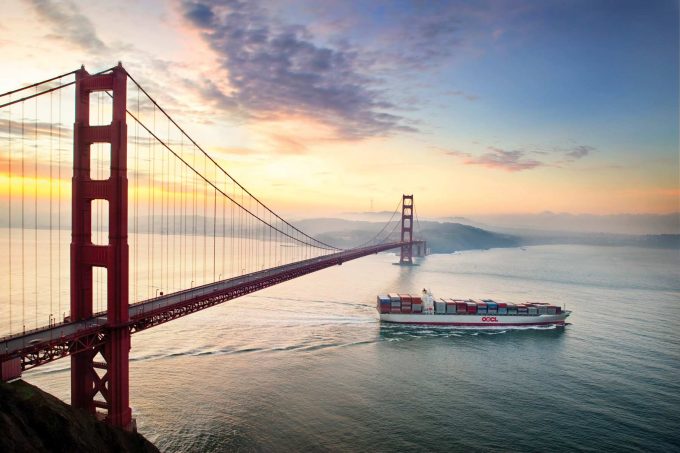Asia-Europe carriers revise FAK rates in fight to rein in revenue erosion
While container spot rates on the transpacific are falling steadily week on week, the decline ...

Container spot rates from China to Middle East and intra-Asia routes are reported to have “collapsed” this week, with prices to Europe and the US coming under intense pressure.
Nevertheless, two ocean carriers remain bullish on maintaining profitability, as the liner industry adjusts to ‘normalisation’.
The Ningbo Containerized Freight Index (NCFI) reported a 30% slump in its Thailand and Vietnam component and a 22% decline in its Middle East index.
“Carriers cut prices to compete for limited demand and freight rates have collapsed,” says today’s NCFI commentary.
The weekly decline in the NCFI US and Europe components were more modest, at 7.5% and 6% respectively, but the falls were said to be “accelerating” on “sluggish” demand prospects.
For North Europe, Xeneta’s XSI fell by 3%, to $9,082 per 40ft, while Drewry’s WCI shed 5%, to $8,430 per 40ft. Spot rates on the route are down around 10% since the start of August, and have lost 40% since January.
Meanwhile, on the transpacific, the Freightos Baltic Index (FBX) recorded a 7% drop in rates to the US west coast, to $6,149 per 40ft and a 4% decline in rates to east and Gulf coast ports ,to $9,484.
Since transpacific annual contracts were signed back in April and May, short-term rates have plunged by around a third, putting pressure on the integrity of the long-term agreements.
Nevertheless, Orient Overseas (International), parent of OOCL, said today it was optimistic about the prospects for the US market, adding: “Consumers are still purchasing new goods, even if not necessarily the same goods they were buying last year.
“Furthermore, forecasts from port and retail sources in the US suggest resilience in the demand for imported goods.”
The Cosco subsidiary reported its “best-ever” H1 result, with a net profit of $5.7bn, despite a 7.5% decline in its cargo volumes, at 3.6m teu. However, it said in terms of the general outlook, there was “an array of conflicting signals that provide little clarity”.
“Undoubtably, there are legitimate concerns about the impact of inflation and interest rate rises on consumer spending in many key economies,” added the firm.
Earlier in the week, Zim posted a six-month interim profit of $3bn, from a marginal decline in its liftings at 1.7m teu.
CFO Xavier Destriau told The Loadstar that not only had carriers “changed their behaviour”, away from a policy of market share grab, but shippers, having “experienced the pain” of not having access to capacity over the past two years, were less likely to walk away from their carrier partners in search of discounted freights.
Moreover, he argued that thanks to judicious capacity management during the pandemic, carriers had the ability to maintain margins in excess of their cost of capital.
Comment on this article